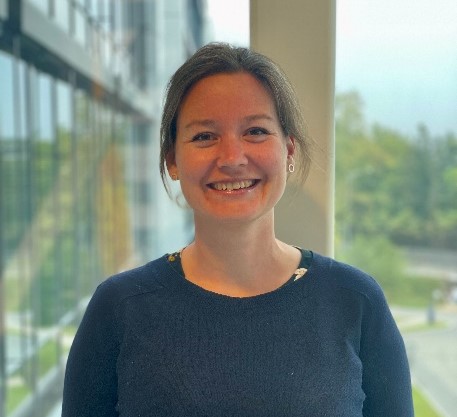Inaugural EUnetCCC Educational SeminarSpeakers
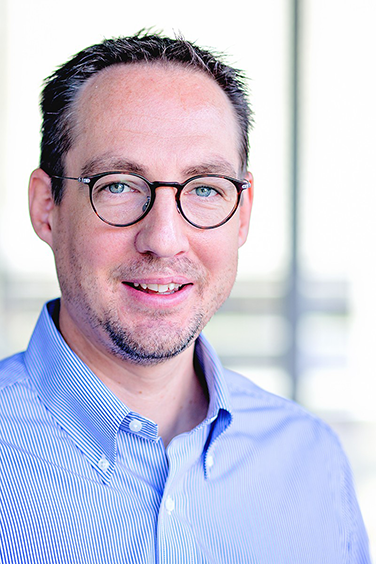
Albrecht Stenzinger
University Hospital Heidelberg, Germany
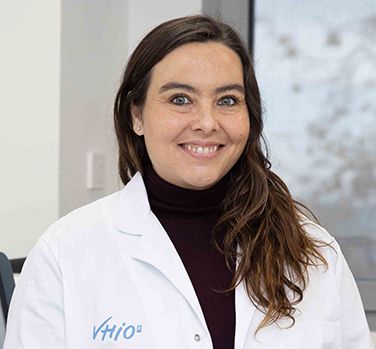
Ana Vivancos
Vall d’Hebron Institute of Oncology, Spain
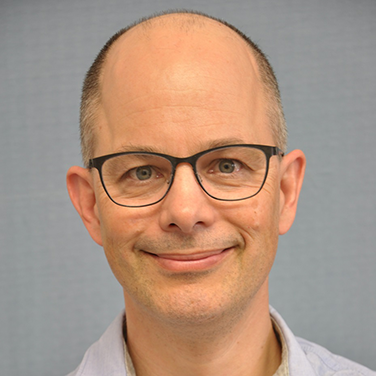
Anders Edsjö
Skane University Hospital CCC & Lund University
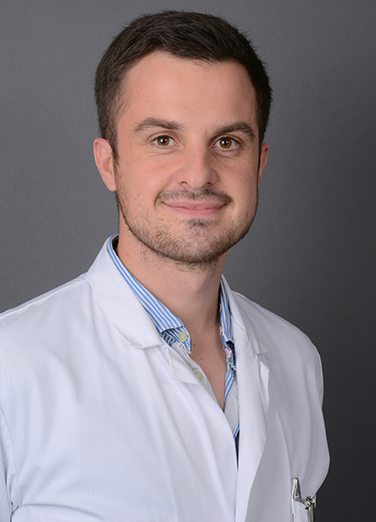
Arnaud Bayle
Gustave Roussy, France
Dr Bayle trained as a medical oncologist (MD) at Paris Descartes University and obtained the Silver medal from Paris Medical School in 2020. In parallel, Dr Bayle graduated in 2015 from ESSEC Business School with a Master of Science (MSc) in Management and finished first in his year of the ESSEC Chair of Health Systems (class of 2013). Dr Bayle has a specific interest in Public Health and holds a PhD in Health Economics from Paris Saclay University in the field of biomarkers and precision medicine.
In addition to his clinical experience at Assistance Publique des Hôpitaux de Paris (AP-HP) and at Gustave Roussy in the Drug Development Department (DITEP), Dr Bayle has been working for the World Health Organization (WHO) at the office to the European Union in Brussels. He also worked for the French Ministry of Health at the Directorate of Social Security (DSS) in charge of healthcare system financing and at the Inspection Générale des Affaires Sociales (IGAS), which is the French Government audit, evaluation and inspection office for health, social security, social cohesion, employment and labour policies and organisations. He is currently a Permanent member of the Commission on Diagnostic, Prognostic and Predictive Health Technologies Assessment (CEDiag) at the French National Authority for Health (HAS). Dr Bayle is also a member of ESMO Public Policy Committee and ESMO Cancer Medicine Committee.
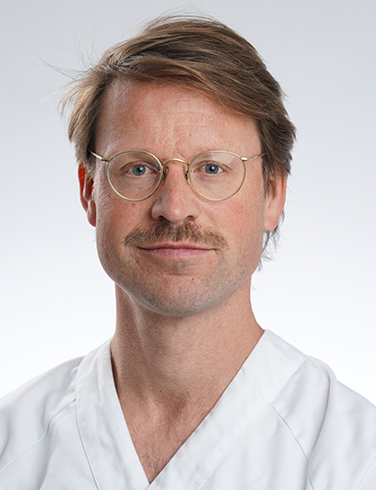
Åsmund Flobak
Norwegian University of Science and Technology, St Olav's University

Cristina Nogueira
Patient Advisory Council in IPO-Porto Compreensive Cancer Center, Portugal
Diagnosed in 2016 with triple-negative breast cancer, she is a brain metastatic patient with no active disease since 2018. Her personal experience with cancer led her, from 2017 onwards, to a committed role in patient advocacy, representing and amplifying the voice of oncology patients at national and international levels.
She has been invited as a speaker, consultant, and patient representative in conferences, debates, training initiatives, media programmes, and collaborative working groups organised by institutions such as IPO-Porto, the Portuguese League Against Cancer, the Portuguese Society of Oncology, major media outlets, universities, and public institutions.
As a member of EVITA – Hereditary Cancer Association, HTA Ambassadors and EUPATI, she has participated in national and European working groups involving patient organisations and the health sector, contributing to improved cancer literacy, patient rights, and the development of oncology-related initiatives in Portugal.
In April 2025, she joined the IPO-Porto first Patient Advisory Council.

Elisabeth Waller
Patient Representative from VHIO, Spain
Liz holds a BSc in Social Anthropology and an MA in Communications Management. She spent two decades in a London consultancy firm advising major brands on corporate reputation and leading behaviour-change campaigns for the UK Government. Her multi-award-winning work spanned initiatives addressing teenage pregnancy, sexual health and childhood obesity, as well as national campaigns for the film industry.
Since her diagnosis, Liz, together with her extended family, has raised over £120,000 to contribute to the underfunded area of brain tumour research.
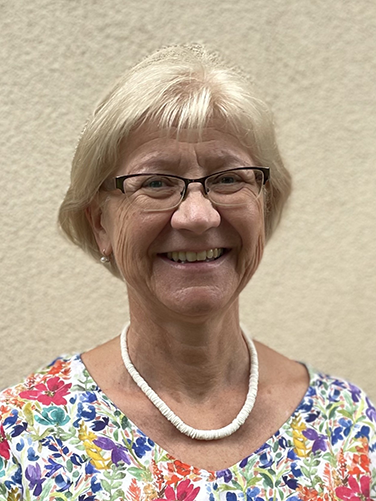
Erika Tóth
National Institute of Oncology, Hungary
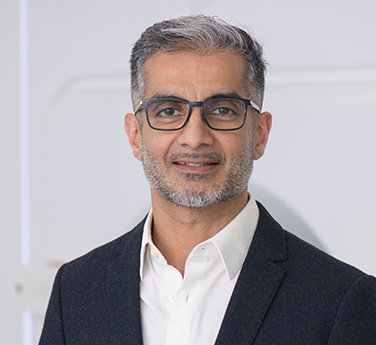
Faisal Mahmood
Odense University Hospital and University of Southern Denmark, Denmark
He leads the Laboratory of Radiation Physics at Odense University Hospital, Department of Oncology, where his research centers on MRI-based biomarkers for personalized, biologically adaptive radiotherapy. He played a key role in the implementation of Denmark’s first MRI-Linac and continues to advance quantitative MRI techniques, such as diffusion-weighted MRI, to improve treatment precision and effectiveness.

Lara Nonell
Vall d’Hebron Institute of Oncology, Spain
Holding a degree in Mathematics from the Universitat Autònoma de Barcelona (1996), a Master’s in Information Technology Management from La Salle, Universitat Ramon Llull (2000), and a Doctorate in Biomedicine from Universitat Pompeu Fabra (2019), Lara Nonell specializes in omics data modeling, as reflected in the doctoral thesis "New approaches in omics data modelling."
At VHIO, her work focuses on implementing scalable computational infrastructures and state-of-the-art bioinformatics pipelines, enabling robust analysis of multi-omics datasets—including publicly available resources. The group actively applies advanced computational and machine learning models for cancer biomarker discovery and the integration of diverse omics data to advance personalized medicine. Committed to fostering collaborative research, Lara coordinates a dynamic internal network of skilled bioinformaticians and leads initiatives such as a monthly Bioinformatics Journal Club, promoting knowledge exchange and methodological innovation.
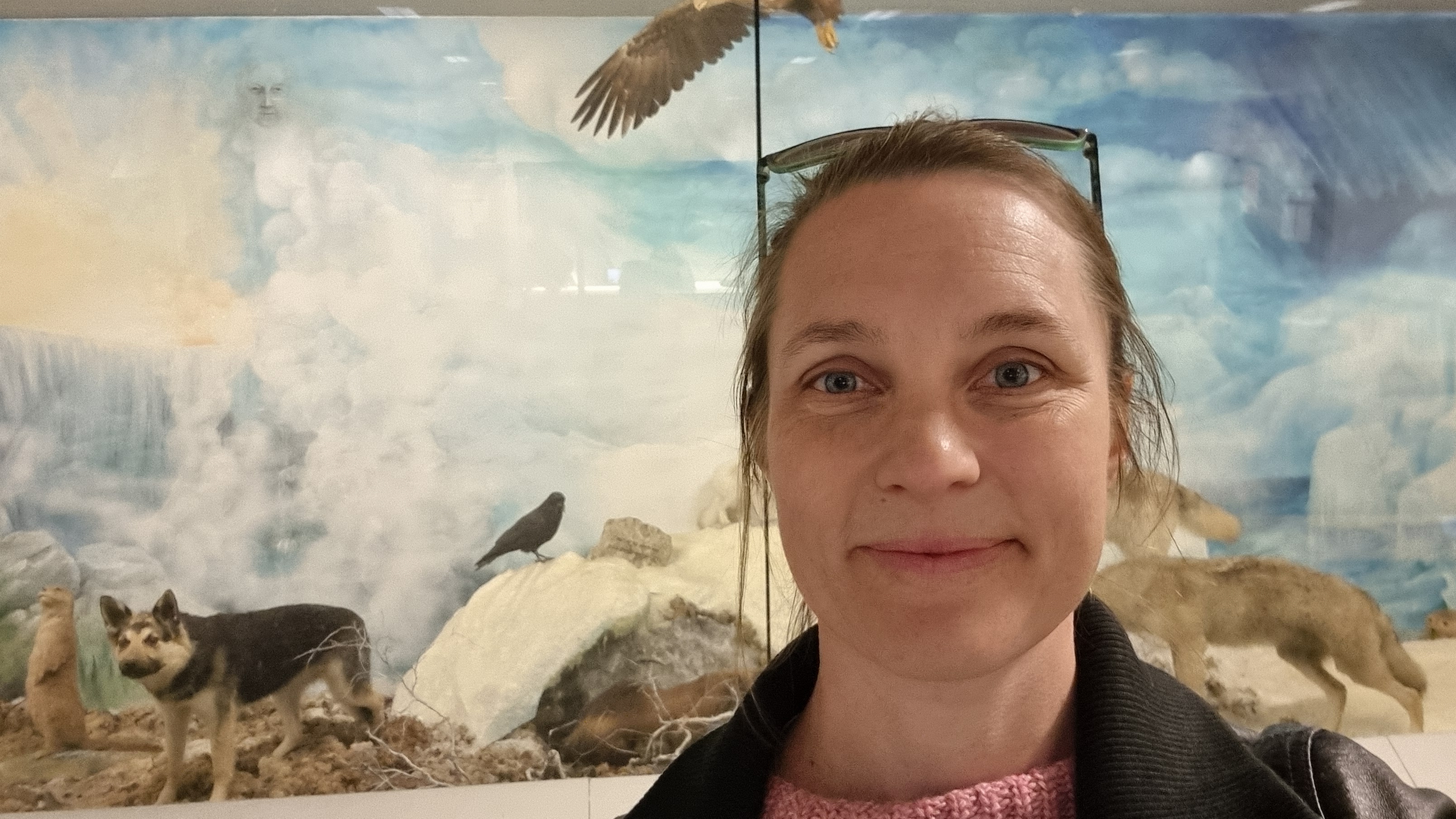
Gro Live Fagereng
Oslo University Hospital Comprehensive Cancer Centre, Norway
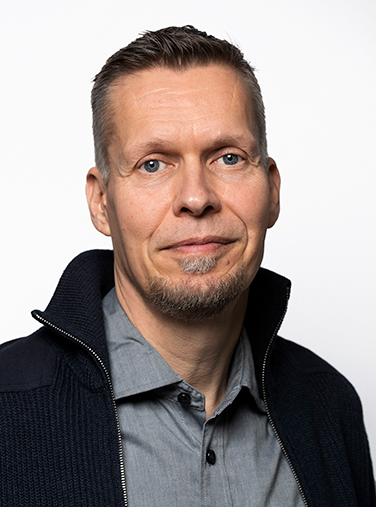
Janne Lehtiö
Karolinska Institutet, SciLifeLab and Karolinska University Hospital, Sweden
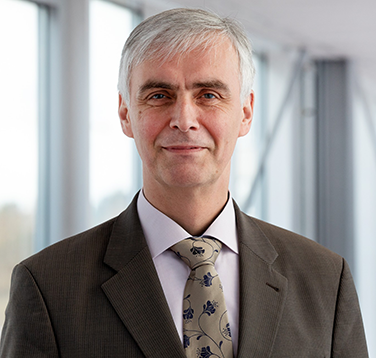
Jörg Haier
Comprehensive Cancer Centre Mecklenburg-Vorpommern, Germany
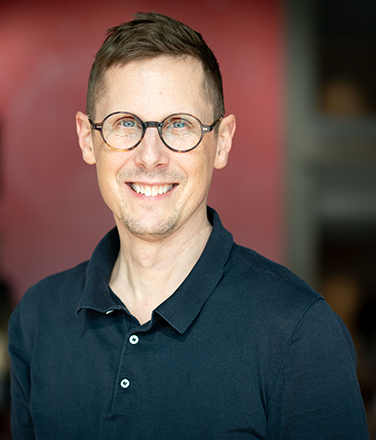
Kristian Pietras
Lund University Cancer Centre and SciLifeLab, Sweden
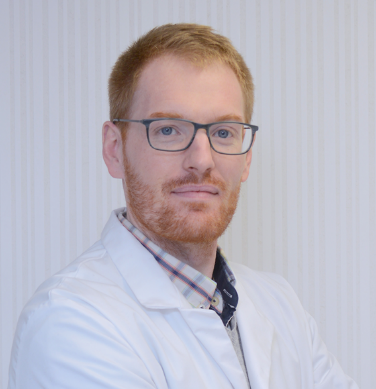
Loic Veringue
Centre Léon Bérard, France
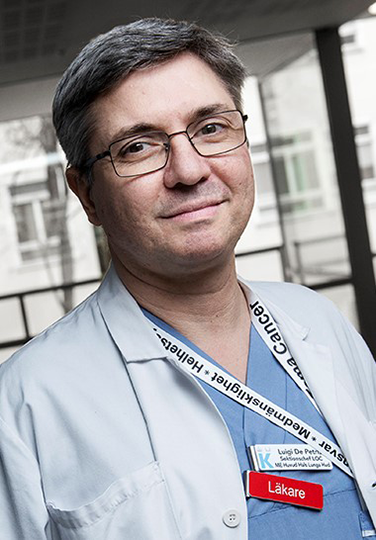
Luigi de Petris
Karolinska Comprehensive Cancer Center and Karolinska Institutet, Sweden
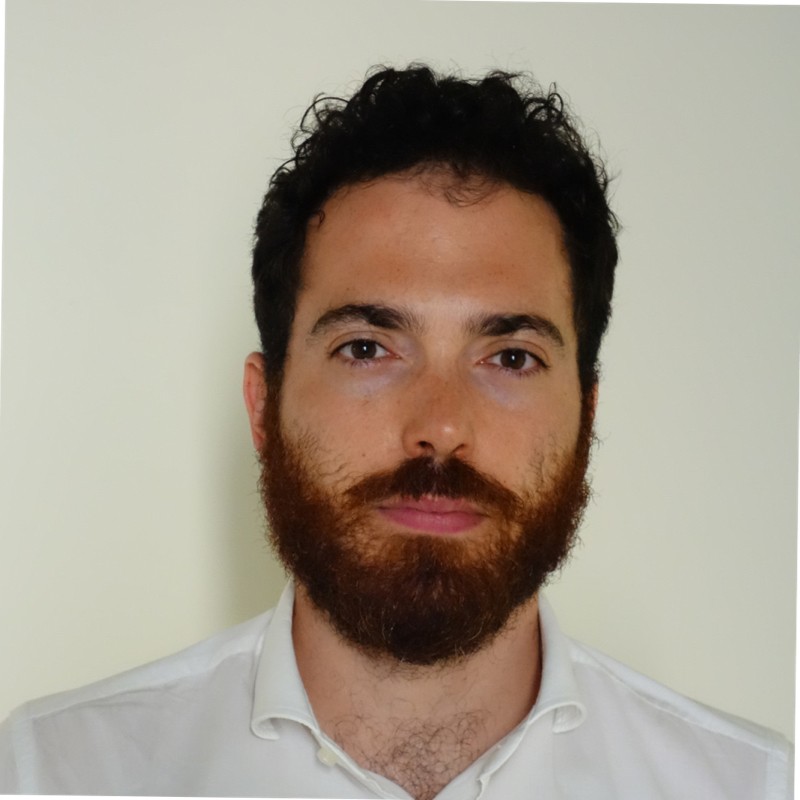
Matteo Pallocca
CNR IEOMI and BBMRI.it, Italy
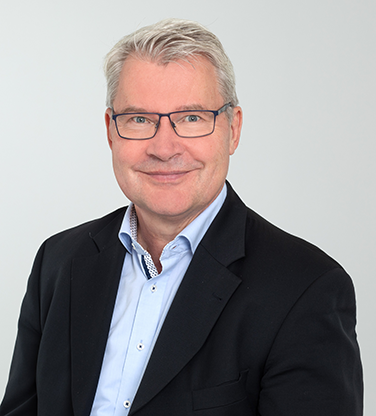
Klaus Pantel
University Medical Center Hamburg-Eppendorf, Germany
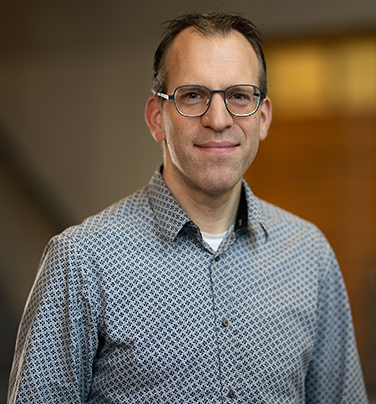
Paul Roepman
Hartwig Medical Foundation, Netherlands
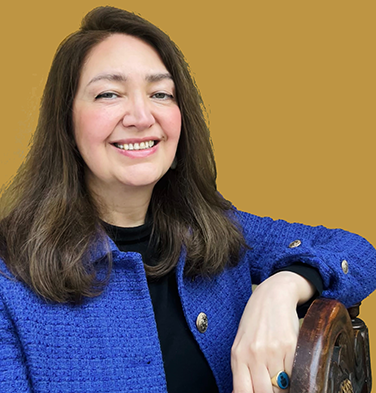
Sahar Barjesteh van Waalwijk van Doorn-Khosrovan
Leiden University Medical Centre and CZ Health Insurance, Netherlands

Santiago Demajo
IRB Barcelona, Spain
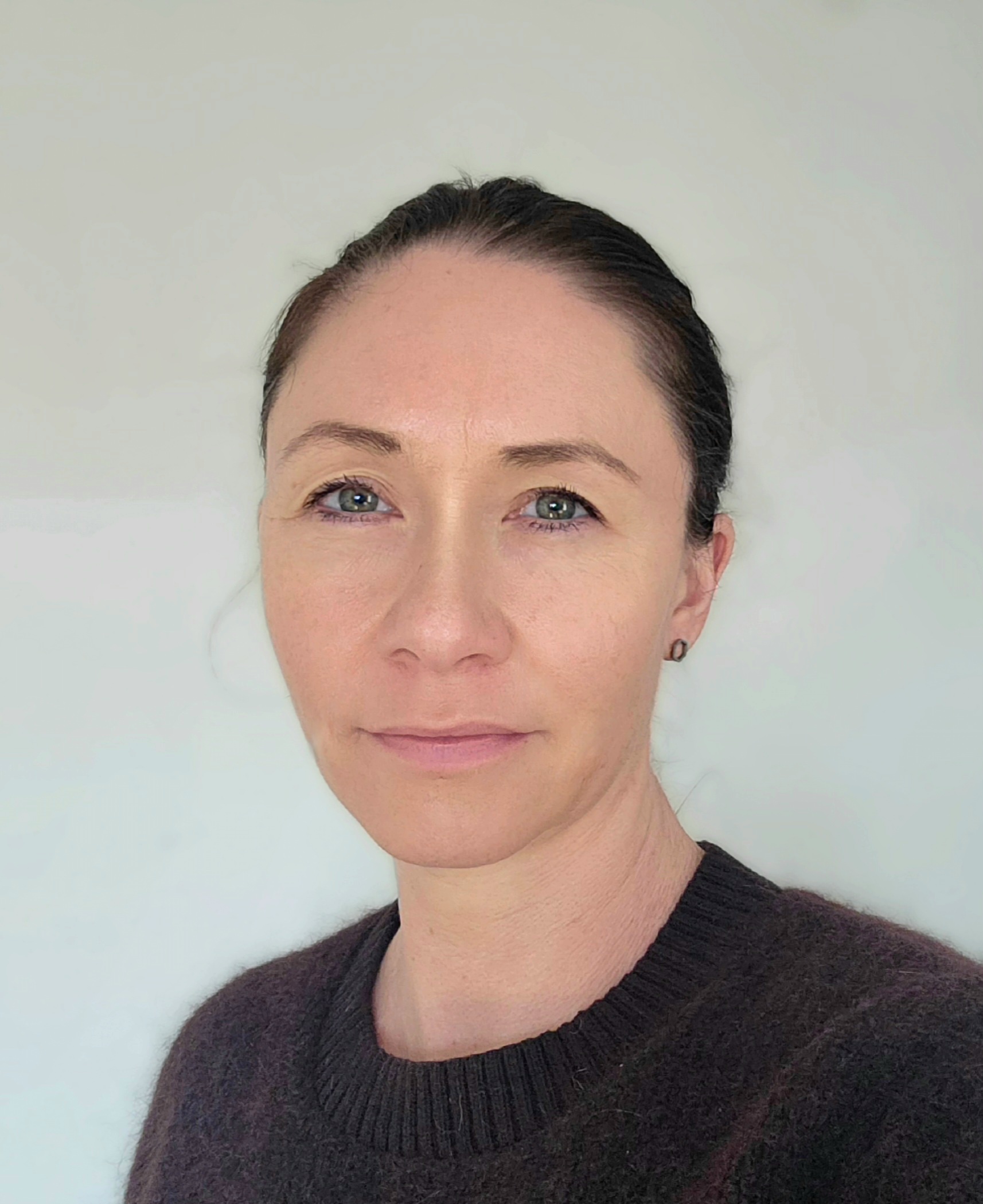
Siri Strand
Oslo University Hospital Comprehensive Cancer Centre, Norway
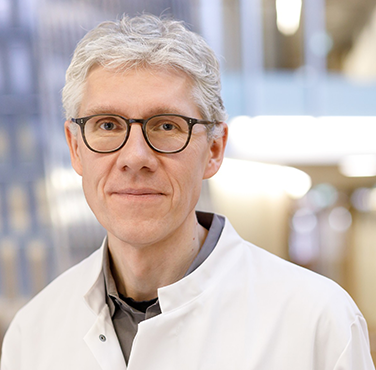
Stefan Fröhling
National Center for Tumour Diseases, Germany
